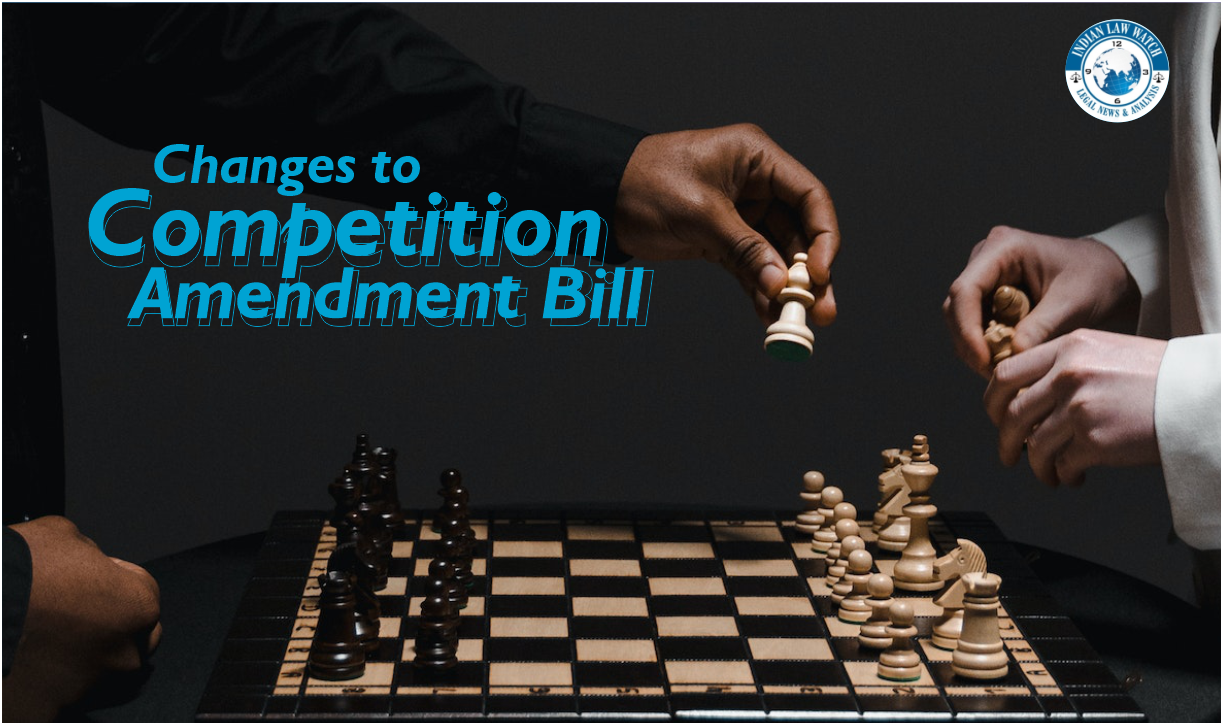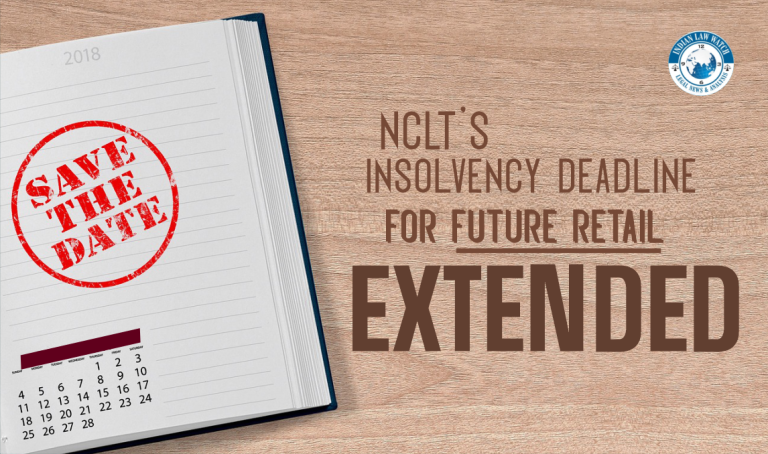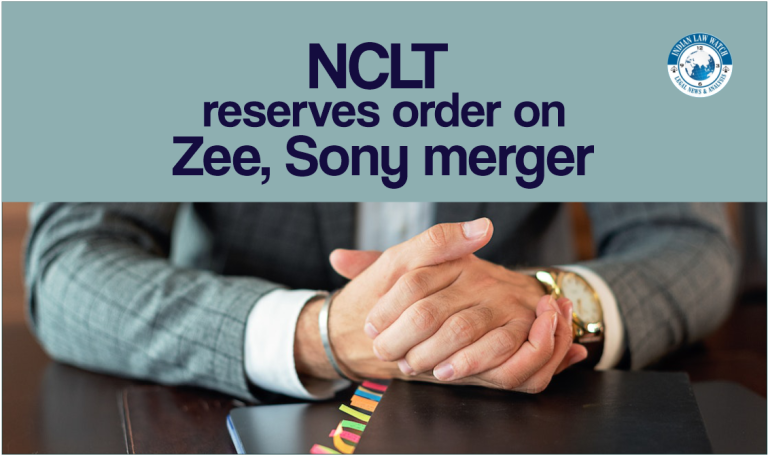

The panel had said that the MCA had not put forth a strong argument as to why IPR could not be used as a defence against the abuse of a dominant position
The government is likely to introduce changes to the Competition Amendment Bill in the ongoing Budget session of Parliament next week, incorporating some of the parliamentary panel’s recommendations, according to a senior official.
While the Ministry of Corporate Affairs (MCA) has rejected the standing committee on finance’s proposal to allow intellectual property rights (IPR) as a defence against the abuse of dominant position, it has accepted the suggestion to allow cartels to avail of the settlement scheme under the Competition Amendment Bill.

-
The panel had said that the MCA had not put forth a strong argument as to why IPR could not be used as a defence against the abuse of a dominant position.
-
It said, “… it would be more desirable for the Competition Commission of India (CCI) to specifically take into consideration the rights a party may have in relation to the reasonable exercise of its IPR when dealing with cases of abuse of dominance to avoid uncertainty.”
-
The government has also not agreed to the Jayant Sinha-led panel’s proposal to introduce an effect-based analysis, asking CCI to instead study different factors, such as the impact on consumers, innovation, and the competition before adjudicating conduct as violative of the competition law.
-
Other changes sought by the standing committee included a review of the deal value threshold every year – instead of every two years.
-
The committee had also recommended against shortening merger review timelines that may be burdensome for an already understaffed commission. This is being reviewed by the antitrust watchdog.
-
Doubts had also been raised in the standing committee’s report about the provision concerning the hub-and-spoke model introduced in the Bill.
-
The provision says that any party, even if it is not involved in an identical or similar trade, but “actively participates in the furtherance of such agreement”, would be liable.
-
“It is seen that many associations provide a platform where parties reach an agreement to fix prices or allocate markets,” the CCI had said.
-
The standing committee had flagged concerns that the Bill did not specify what constituted ‘active participation’ as it could also include entities providing intermediate services, such as digital platforms or an industry association organising meetings without agenda to share sensitive information.
-
The committee, therefore, suggested that the Bill insert “if it is proved that such person intended to actively participate” in the said clause.
-
It is not known yet whether the government has accepted some of these suggestions of the parliamentary panel.
Source: Business Standard





